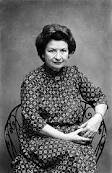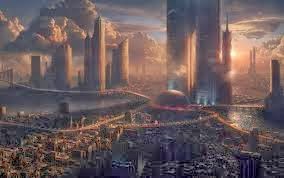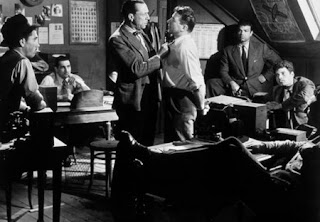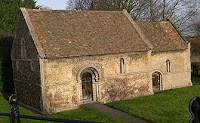It's history...but not as we know it
 |
| The new Europeans? |
I started out this year with good intentions. After narrowly failing to complete the 666 geographical reading challenge in a year. I set myself a new sci-fi / fantasy challenge. Unfortunately this has been even worse than last year's challenge, mainly because I set myself an unrealistic reading list - lots of American fiction, that was largely unavailable in my local library and / or out of print. So in fact I've read only two books this year from the sci-fi / fantasy list - China Mieville's wonderful The city and the city which was mind-blowingly good - there'll be more China Mieville in the near future as his Kraken is currently sitting on my to be read imminently shelf.
So, I've finally got around to a second read, Kim Stanley Robinson's The years of rice and salt. It's a re-imagining of history, and is a really interesting read, raising lots of "What if?" questions - would probably be a good one for a book group, who didn't mind a rather off-the-wall read, provoking lots of discussion. In Robinson's book the black death of medieval times has an even more devastating effect on Europe than it actually did. Most Europeans are wiped out, with a huge vacuum in the West the Mongols pour across the borders shortly followed by the Moghuls, and other Islamic peoples from North Africa and Spain. There will be no Ferdinand and Isabella, no Spanish Inquisition, and no renaissance in the west. Christianity will become a marginalised minor cult with Islam, and to a lesser extent Buddhism taking its place.
Islam will take over the east coast of America with the west coast colonised by the Japanese and later the Chinese. So the development of the States will be very different, with diverse civilizations competing for control, Native Americans are not marginalised as they were under European colonisation. While different civilizations bring different crops wine will not be made in California, but it will become the rice bowl of the world.
Robinson's novel covers a huge swathe of history from the thirteenth century up to and beyond the present day. Obviously such a huge timespan calls for many characters, but they are bound together by being literal reincarnations of previous characters, so although there is a huge cast there is also familiarity throughout. This buddhist view of incarnations can be at times irritating, but there is some sense in writing this way in order not to have too confusing a narrative.
Much of what he writes is fascinating, and provokes many questions as to how much history really would have diversified IF Europe had not been able to develop in the way that it did. Ultimately however although I enjoyed this novel very much, I found it profoundly depressing. Robinson's conclusion is that although history may have changed without Europe ultimately it would not have been that different. There would still have been terrible conflicts, they would just have been fought in Asia rather than in Western Europe. The nuclear bomb would have been invented, and may have been used. And the dominance of religion and religious zealotry in particular would still provoke conflict as much as it promotes goodness.
An unsettling, provocative and gripping read, The years of rice and salt is truly original. Well worth reading.






.jpeg)



Comments